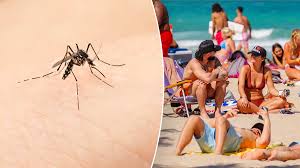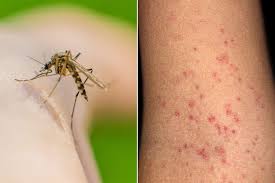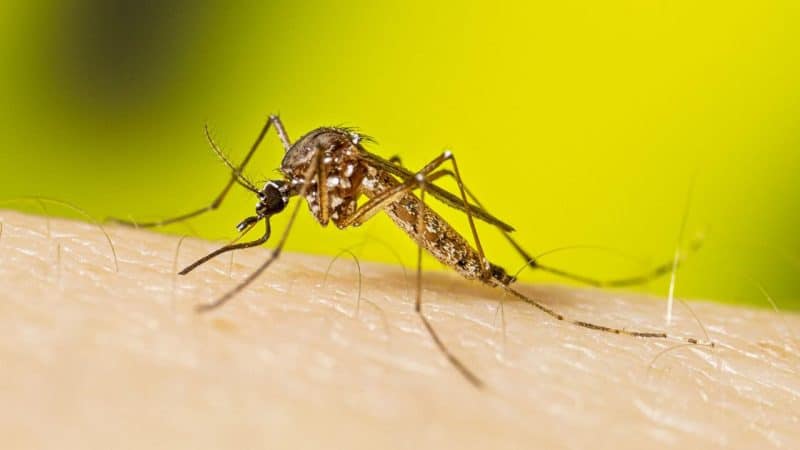Spring break is here. This means vacationers are going to warmer areas. Mosquitoes will likely pose a health risk for them. Many mosquito-borne diseases spread in these warm spots. American travelers may contract them if they are unaware of what to do.
Dengue Threat
The CDC released an advisory last March 18 about dengue activity. This alert noted that the transmission remains high in specific parts of the United States. The global territories include the U.S. Virgin Islands and the U.S. Territories of Puerto Rico. Research shows that the warm and hot months coincide with dengue’s peak season in many countries. This event increases the risk of locally contracted and travel-linked dengue cases in the United States.

Urging people to practice common precautions is part of the CDC’s dengue level 1 health alert. The precautions include avoiding bites using EPA-registered repellents and putting up screens on windows. Wear long pants and long-sleeved shirts when you spend time outdoors. Sleep in an air-conditioned room.
Spring Breakers Beware
Heading into warmer areas increases your risk for dengue. This matter needs more attention. Last year, South, North, and Central America had at least 13 million dengue cases. The Caribbean also suffers the same thing. Local dengue transmission was also made known in Florida, California, and Texas in 2024.

That is why the CDC is asking spring breakers to practice precautions. Common dengue symptoms are rashes, vomiting, aches, and vomiting. Symptoms usually last for two to seven days and then recover. This mild disease can become severe. The individual will experience joint pain, headaches, abdominal pain, and fever. Some people die from dengue as well.
Solutions and Preventive Measures
Dengue fever is transmitted through the bite of infected female mosquitoes. The bitten individual can experience symptoms like fever and nausea. Despite advancements in medical science, there is still no medication to treat dengue. Patients are often told to stay hydrated, rest, and take acetaminophen for fever and pain.

A vaccine is approved in the United States for kids 9 to 16. These young patients have been diagnosed with dengue before. The vaccine is also for children living where dengue is common. The following are some measures to prevent dengue:
- Turn on your air conditioning
- Wear long pants, loose-fitting clothes, and long-sleeved shirts
- Use effective insect repellents
- Clean the gutters
- Remove the dead leaves from your yard
- Pour out stagnant water from vessels in and around your home
- Plan well for your travel
- Put screens on your windows and doors
- Treat your bed nets
Mosquito Chores This Spring
Enjoying your spring vacation and staying safe from mosquito bites is a priority. Using some techniques can help keep you safe from dengue. Here are some of them:
- Mosquito traps can keep the yard safe from dengue. Some individuals use propane to use heated carbon monoxide and heated water vapor. The attractant chemicals and warm vapors call mosquitoes from faraway areas. Glue boards or collection bags capture these insects.
- Larviciding is placing mosquito dunks to water features in the yard. These floating objects kill wrigglers or mosquito larvae. They can also block larval development.
- Adulticiding targets adult mosquitoes. Using ULV application, thermal fogging, or a barrier treatment can do the job. Mist blowers and sprayers can also help kill adult mosquitoes.

Dengue is a dangerous disease. Preventing mosquito bites is the most effective way to be safe from it. Spring break is happening, and you must enjoy it with friends and family. Protect yourself and your loved ones from bites, and you will stay safe from this disease.